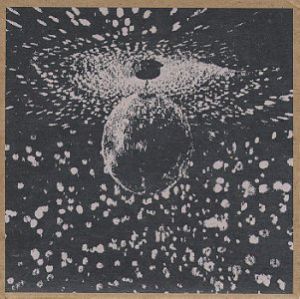
- Format: MP3

Neil Young uses Pearl Jam on Mirror Ball much as he has used his perennial backup band Crazy Horse, looking for feel and spontaneity. At the start of the record, he can be heard instructing them: "No tuning, nothing," and the take of "I'm the Ocean" is an obvious run-through that became a master take. But Pearl Jam is not Crazy Horse; in place of the latter's primitive, non-swinging sound, the former boasts spirited rhythms and dense guitar interplay that Young makes excellent use of in a series of songs built out of simple, melodic rifts. Those songs come mostly in pairs: "Song X" and "Act of Love," the first two tracks, both seem to be about abortion, especially in its religious aspect, each containing a reference to "the holy war"; "What Happened to Yesterday" and "Fallen Angel" are song fragments on which Young plays the pump organ; and "Downtown" and "Peace and Love" find Young addressing the musical and philosophical concerns of hippies and contain name checks of Jimi Hendrix, John Lennon, and Led Zeppelin. The songs also share highly imagistic lyrics that are allusive and frequently just obscure. At their best, notably on "I'm the Ocean" and "Scenery," they provide intriguing portraits of the artist — "People my age/They don't do the things I do," Young sings in "Ocean" — while "Scenery" is one of his bitter denunciations of celebrity. Such subject matter is not new for Young, and Mirror Ball is typically uneven. But it is always interesting musically, suggesting that he has found another catch-up that works. Probably due to the commercial power of Pearl Jam, the album became Young's highest charting record since Harvest 23 years earlier, though it had a relatively short chart life.